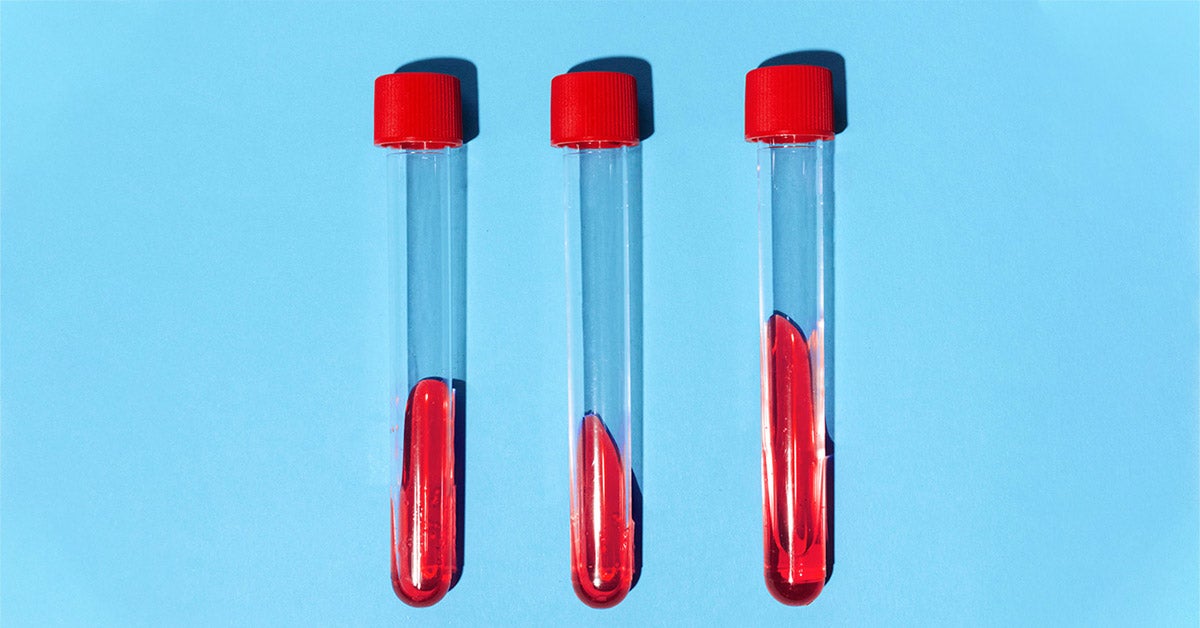Testing and treatments for STDs are not only quick, convenient, and often free. STD tests are not always part of a gynecologist exam or routine checkup. So be sure to ask about STD testing at your next visit to the doctor. Also, be honest with your medical professional about your sexual life, so that they can assist you in deciding which tests would best suit you. While many people think that having a full-blown STD means you have to be treated for it right away, this is not true.
When your doctor recommends STD tests, it is always advisable to get tested right away. Don’t put it off, as the earlier you find out if you have an STD, the better your chances of treating it before it develops into something more serious. You want to make sure that your doctor has all the information he needs to give you the accurate diagnosis and treatment for whatever STD you may have.
Many STD screening services offer STD tests at their offices free of charge, sometimes without a fee for a few testing samples. If you go to a walk-in clinic, you will likely be required to pay a small amount of cash or medical insurance. For those who need to go to a different STD treatment center, STD clinics usually offer free or discounted STD tests. If you go to a walk-in clinic, your health insurance will likely cover most or all of the cost of the tests. canada home testing is an online website where you can buy a test delivered to your door.
There are several STD tests available for you to take advantage of. The most common STD test is the visual examination for genital symptoms. Your doctor will usually take a swab of the outer genitalia and look for redness, white patches, or a grayish discharge from the genitals. If you have any of these or other visual symptoms, you should take a sample of your vaginal discharge or you can go to your nearest STD lab and get a proper diagnosis.
You can also get tested for several at a genitourinary health clinic. In the genital warts exam, your doctor will use a special instrument called a speculum to scrape the outer skin layer of the genitals to get samples for testing. The most commonly used STD test for adults is the Pap smear, which involves a thin, tube-shaped device that is inserted into your vagina to collect a sample of vaginal discharge or cervical mucus. Other STD tests for adults include genital herpes blood tests and genital warts tests.
Gonorrhea and chlamydia are two STDs that usually occur in women. A gonorrhea infection is usually diagnosed by a urine test. A common way to screen for gonorrhea is by performing a pelvic examination. Your doctor can also check for indicators of gonorrhea in your cervix through a digital or laparoscopic exam. For chlamydia, common symptoms include burning during urination, vaginal irritation, and itching or irritation around the urethra. If you think you might have either of these infections, be sure to visit your doctor so you can get tested for STDs so you can make an informed treatment decision.




